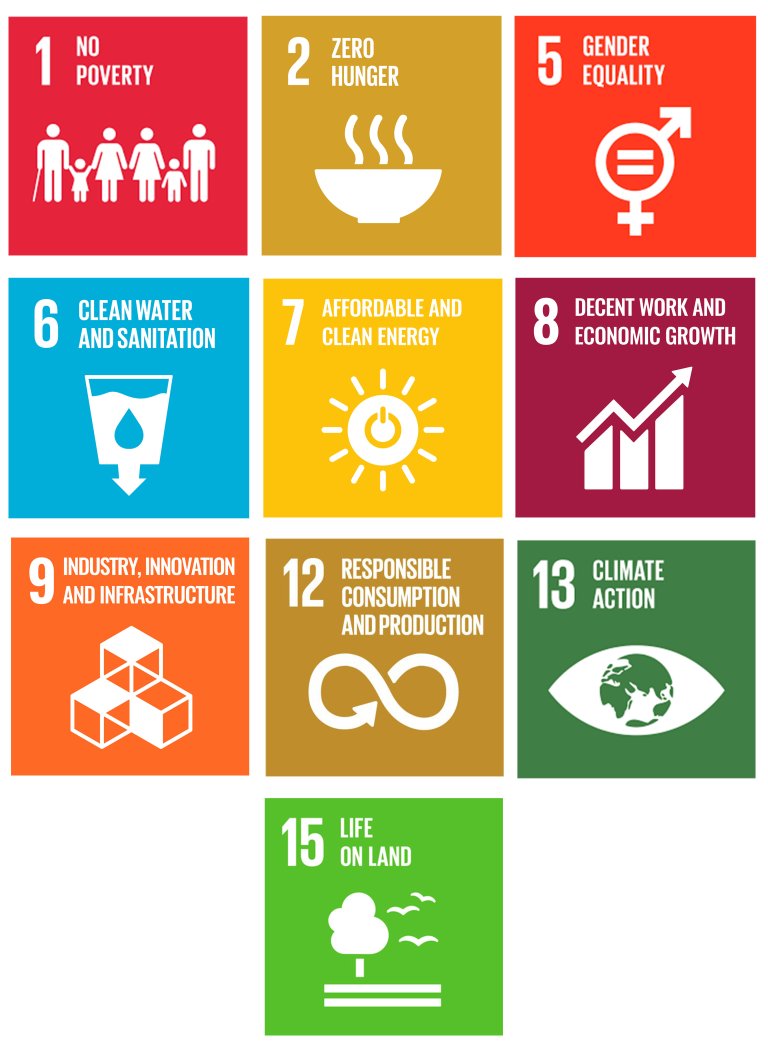
NIBIO’s international activities in Africa
NIBIO’s goal in Africa: To develop evidence-based research and knowledge relevant for civil society/stakeholders to address grand global challenges.
Focus areas:
-
Climate change adaptation and mitigation in agriculture and forestry sectors
-
Food and nutrition security and sustainable food systems
-
Renewable energy: Biowaste to bioenergy
-
Biowaste to biofertilizer
-
Integrated pest management and decision support
-
Biodiversity conservation on farmlands
-
REDD+ and Forest Landscape Restoration
-
Skills development for youth and women in the agricultural sector
-
Education
-
Capacity building of Research and HE Institutions
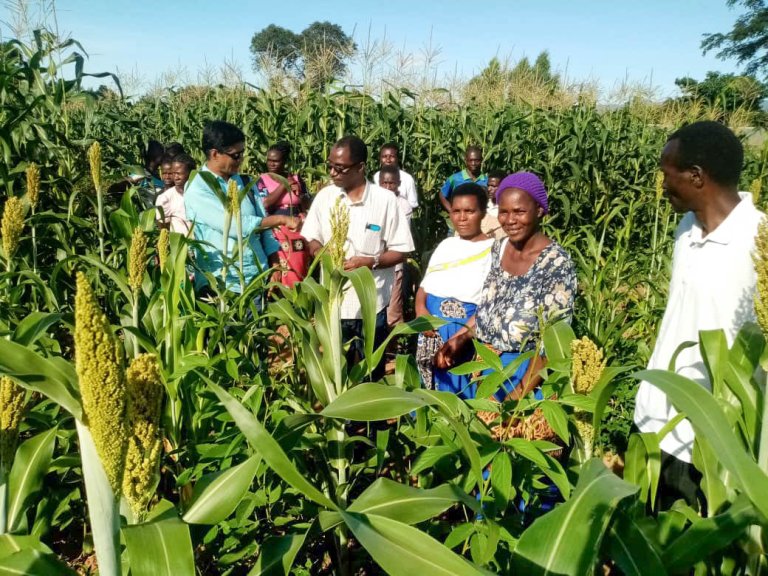
NIBIO networks and cooperating partners in Africa
NIBIO currently has project cooperation in more than 12 African countries including Ethiopia, Kenya, Malawi, Rwanda, South Africa, Zambia, Tanzania, Mali, Niger, Uganda, Benin and Ghana.
NIBIO has active and ongoing research and development cooperation with several CGIAR partners (IITA, ICRAF, CIMMYT, ILRI, Alliance Bioversity & CIAT), ICIPE and 24+ national partners in several African countries (national research institutes, universities, farmer organizations, SME’s).
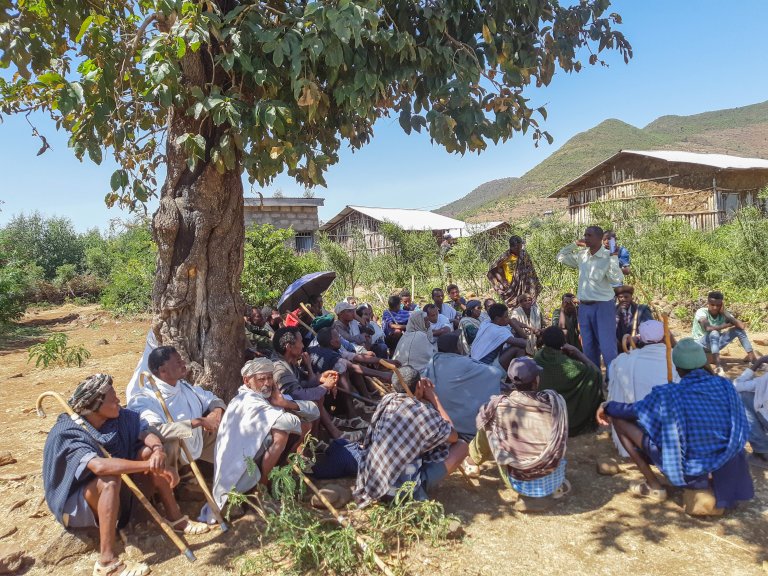
Projects in Africa
| Projects | Funding source | Role of NIBIO | Thematic focus | Countries where the project is implemented |
| ClimaSoilHealth (2024-2027) | Norad | Project coordinator | Improving the institutional capacity on sustainable soil health restoration in Tanzania, to strengthen adaptation and mitigation to climate change | Tanzania |
| FoodsecURe (2023-2027) | NFR | Project coordinator | Food security through better sanitation: the case of urine recycling | Ethiopia |
| MaDiPHS (2022-2027) | Norad | Project coordinator | Establish a digital plant health service at national level in Malawi | Malawi |
| CANALLS (2023-2026) | EU | Partner | Agroecological practices for sustainable transition | Cameroon, Rwanda, Burundi, Democratic Republic of Congo |
| IITA BBEST (2022-2026) | Norad | Partner | Improve the livelihoods of smallholder chicken fish, pig and vegetable farmers, and other value chain actors and contribute to improved urban sanitation and climate change mitigation | The Democratic Republic of Congo (DRC), Ghana, Mali, and Niger. |
| SRI Tanzania (2022-2025) | Norad | Project coordinator | Institutional capacity building on climate-smart and resource efficient rice production systems in Tanzania | Tanzania |
| Healthy Food Africa (2020-2025) | EU H2020 | Partner | Sustainable food security and nutrition | Ethiopia, Kenya, Uganda, Zambia, Ghana, Benin |
| Norwegian Research Council/NMBU | Project coordninator | Integrated grassland/crop systems to improve feed provision for livestock and production of food crops, while improving soil quality. | Ethiopia | |
| Fall Army Worm control/with FAO (2020-2024) | Norad/MFA | Partner | FAW/VIPS – pest monitoring system | Malawi |
| CAP-Africa (2019-2023) | Norad/MFA | Partner | Combating Arthropod Pests for Better Health, Food and Climate Change | Kenya, Ethiopia, Uganda, Tanzania |
| Farms4Biodiversity (2019-2022) | Bidiversa/NFR | Partner | Biodiversity on farm lands | Malawi |
| Biofuel Value Chain in Kenya (2018-2022) | Norad/MFA | Project coordinator | Skills for Private Sector Development | Kenya |
| Forest Landscape Restoration Projec t (2017-2022) | MFA/Embassy | Partner | Forest Landscape Restoration | Ethiopia |
| National Carbon Monitoring Center (2015-2022) | MFA/Embassy | Partner | REDD+; forest and climate | Tanzania |
| Gliricidia – agroforestry (2019-2021) | Norad/MFA | Project coordinator | Agroforestry for improving soil fertility, food security | Zambia |
| Climate-Smart Agriculture (2019-2020) | Norad/MFA | Partner | Development of ICT tools, the VIPS platform | Niger, Mali |
| InnovAfrica (2017-2021) | EU H2020 | Project coordinator | Climate Change and Adaptation in Agriculture | Ethiopia, Kenya, Malawi, Rwanda, South Africa, Tanzania |
Projects
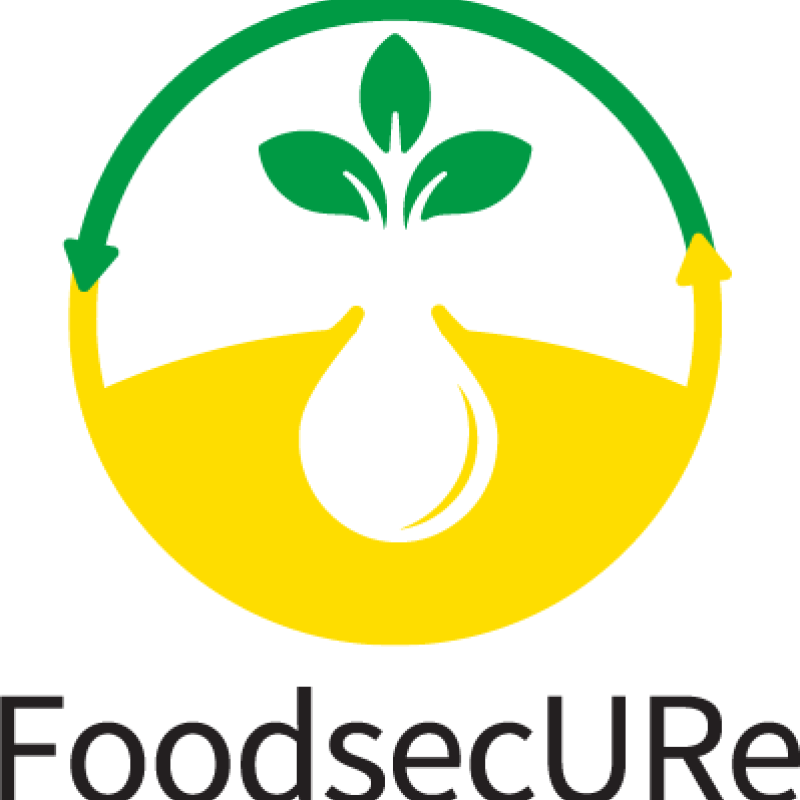
Division of Food Production and Society
FoodsecURe: Food security through better sanitation: the case of urine recycling
Human urine contains essential plant nutrients. Hence, urine can serve as a “free” and locally available fertiliser. Successful, low-cost urine-diverting toilets (UDTs) that separately collect urine have been developed in Scandinavia and Europe and manufactured at large scale in Africa. A solution for stabilising urine into a solid fertiliser has also been developed. But why can't we recycle urine at scale? In Sweden UDTs are used in some cottages, and the Swedish University of Agricultural Science (SLU) has developed a method to stabilise and dry urine into a fertiliser product, urine-based fertiliser (UBF). FoodSecure aims to implement this technology at a medium scale in Ethiopia.
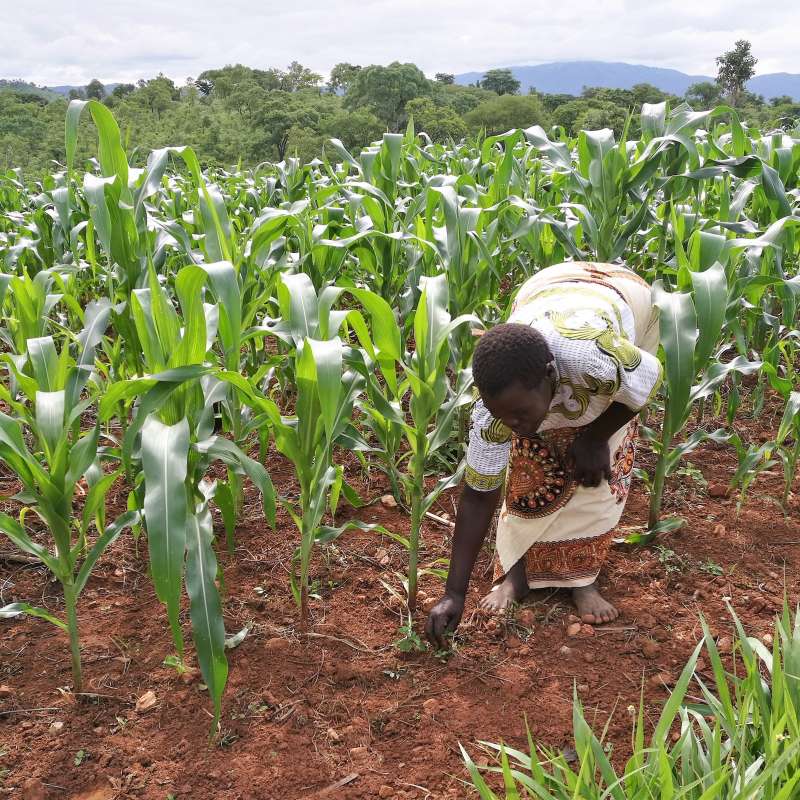
Division of Biotechnology and Plant Health
Malawi Digital Plant Health Service (MaDiPHS)
This project will establish a digital agricultural plant health service at the national level in Malawi, based on coordination of internationally developed digital systems.

Division of Environment and Natural Resources
CANALLS Agroecological practices for sustainable transition
Agroecology covers all activities and actors involved in food systems. It also places the well-being of people (producers and consumers of crops and products) at its core. The EU-funded CANALLS project will focus on the agroecological zones and diverse farming systems in the humid tropics of Central and Eastern Africa. It will explore the complex environmental, social and economic challenges, which in some cases are exacerbated by conflict and high vulnerability. Moreover, it will advance agroecological transitions in these regions through multi-actor transdisciplinary agroecology Living Labs at eight sites in four countries. The focus will be on crops such as cocoa, coffee and cassava, which are vital for subsistence and economic development.
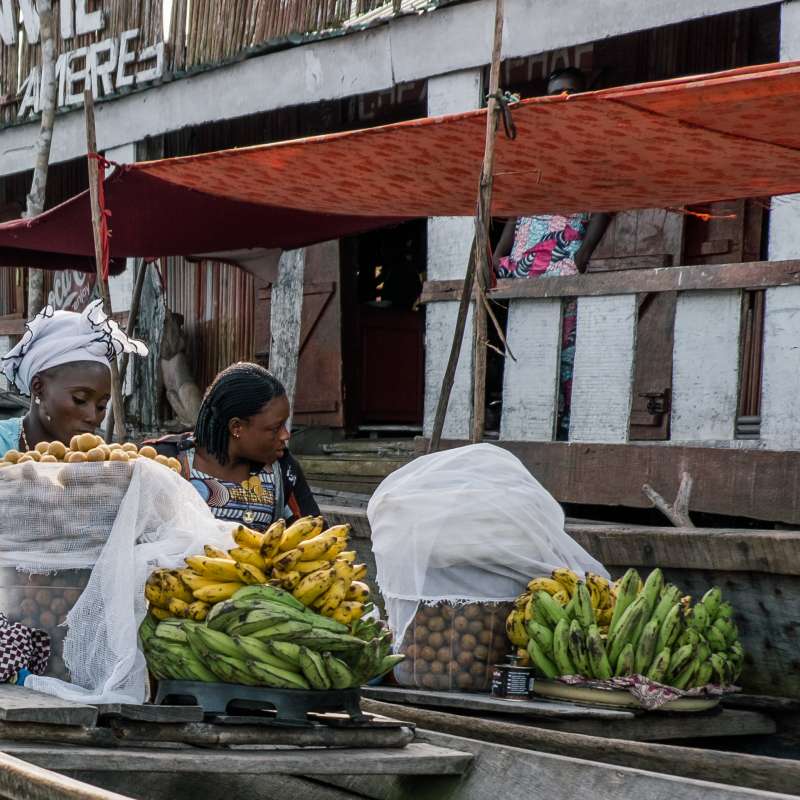
Division of Food Production and Society
HealthyFoodAfrica
Improving access to nutritious food is a systemic challenge. In order to foster healthier diets, it is necessary to go beyond expanding the diversity of products on the supply side, or raising awareness on the demand side. HealthyFoodAfrica aims to increase the resilience of food systems, and to link food production to nutrition performance, thereby increasing the range and quality of food products for a healthy diet. To achieve this, it engages with farmers, food processors, retailers, civil society organisations (CSOs), policymakers and local experts, and helps them create, and test, innovative technologies, practices and governance arrangements that contribute to a more sustainable, resilient and healthy food system for all.
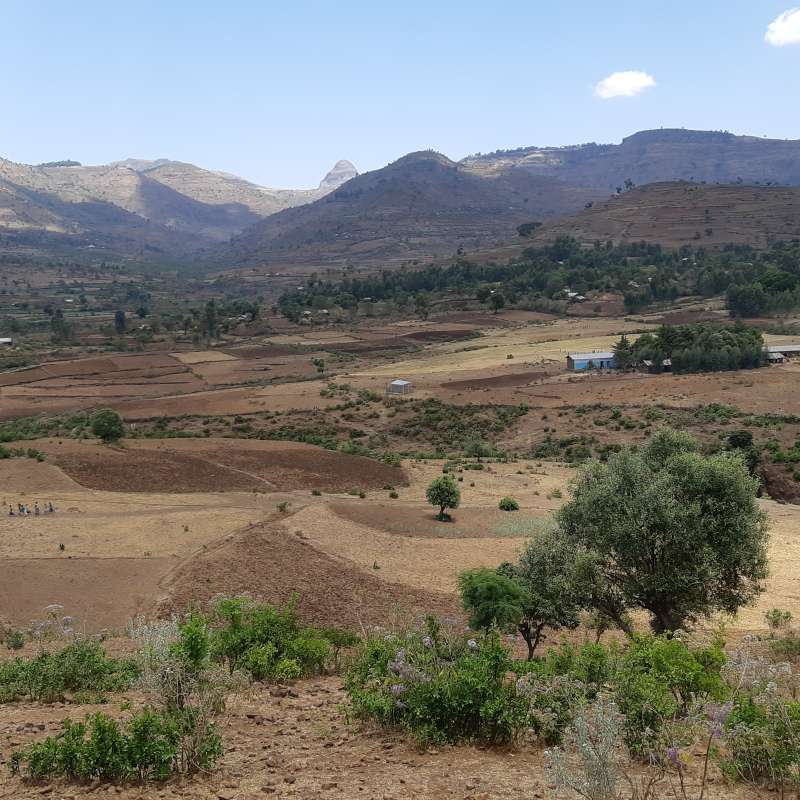
Division of Food Production and Society
EthiopiaGrass
Perennial grassland mixtures: a novel approach to forage and food production, land restoration and climate resilience in Ethiopia (EthiopiaGrass).
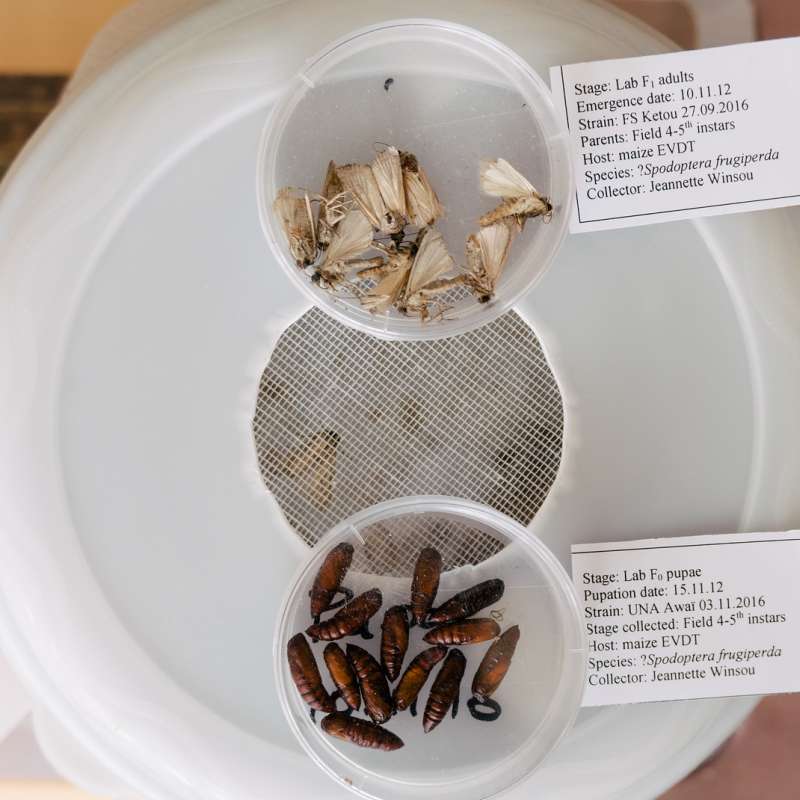
Sustainable management of Fall armyworm
Sustainable management of the Fall Armyworm (FAW) in Africa coordinated by FAO. NIBIO is one of the implementing partners in Malawi.
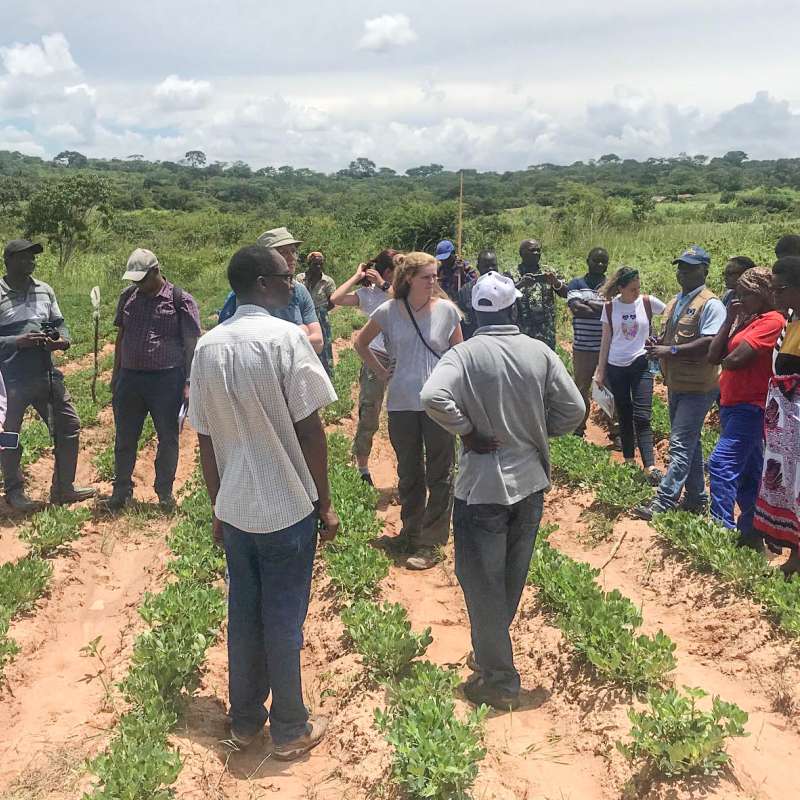
Division of Environment and Natural Resources
FARMS4Biodiversity: Farmer-led Agroecological Research in Malawi using Scenarios for Biodiversity and Ecosystem Services
Farms4Biodiversity is an ambitious, interdisciplinary, multi-scalar project designed to address biodiversity conservation, support ecosystem services and improve food security under scenarios of land-use change in the Global South. The project is being implemented in the Northern part of Malawi.
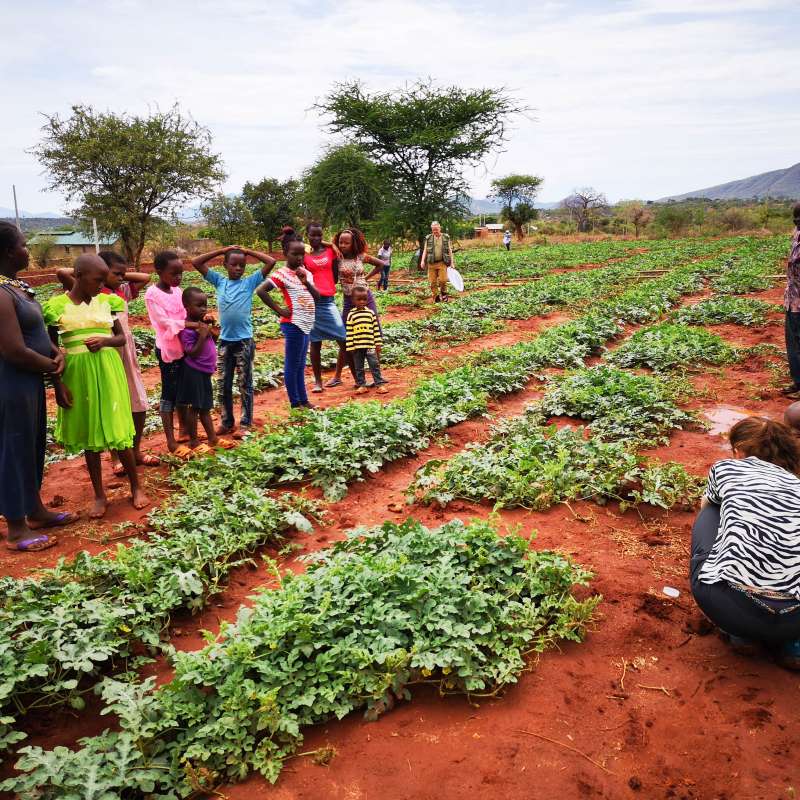
CAP-Africa – Combating Arthropod Pests for Better Health, Food and Resilience to Climate Change
CAP-Africa will address the most important and pressing continental issues of malaria and emerging infectious diseases (yellow fever and dengue), climate change impact and education, to improve the livelihood of rural communities in the Kenya, Tanzania, Uganda and Ethiopia. It is a response to accumulating evidence that addressing these major problems will improve health, food and nutritional security. At the same time, it will build the resilience of the people against the impacts of climate change and enhance the capacity for leadership in scientific research, policy and technology dissemination.
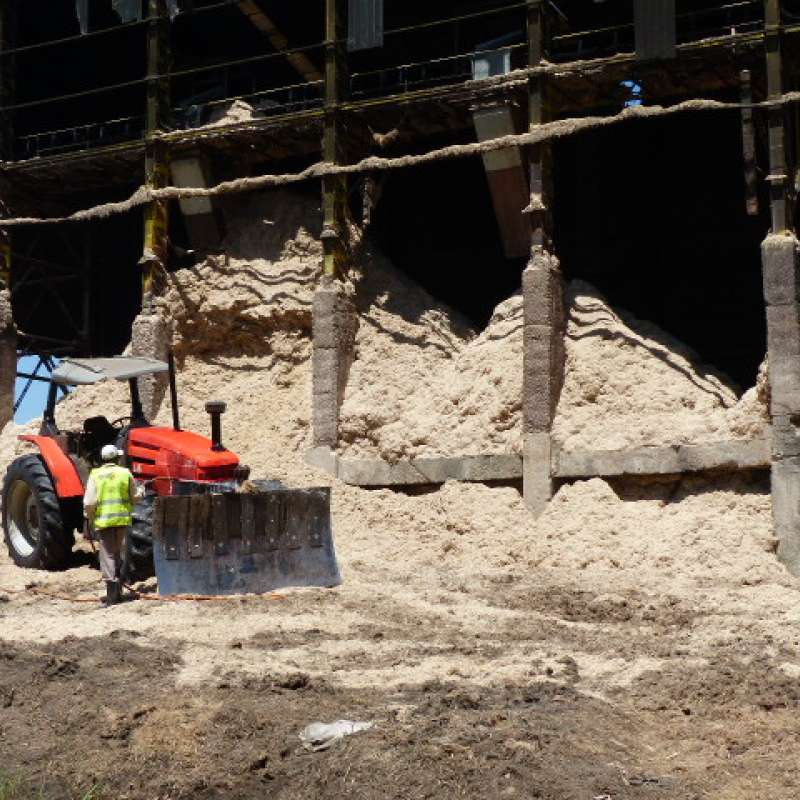
Division of Forest and Forest Resources
Biofuel4Kenya: Improving Framework Conditions and Skills for Private Sector Development in Biofuel Value Chain in Kenya (Biofuel4Kenya)
The main objective of the project is to develop a biofuel briquettes production and supply value chain from waste bagasse to market. Biofuel4Kenya will improve framework conditions for private sector development in the biofuel value chain, in order to boost commercial production of carbonized biomass briquettes from agro-industrial residues in western Kenya.
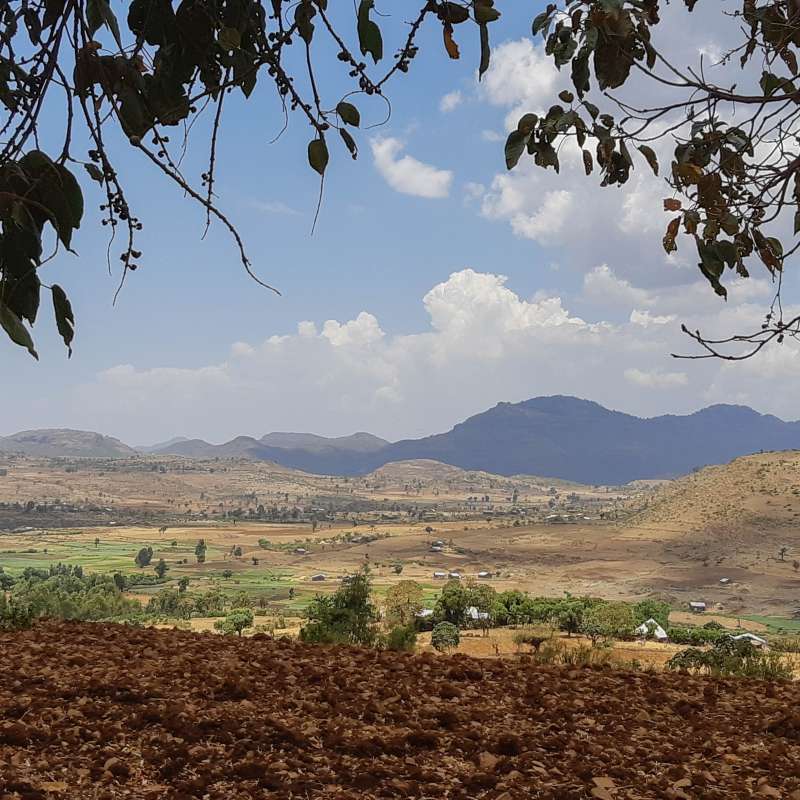
Division of Forest and Forest Resources
Forest Landscape Restoration (FLR)-Ethiopia
The FLR project (2017-2022) has a goal of restoring highly degraded forest landscapes, in vast highlands in north western Ethiopia, into productive agricultural and forest landscapes. The project will adopt a landscape-approach to forest restoration, which will look at the target areas from a multifunctional landscape perspective, combining natural resource management with environmental and social well-being.
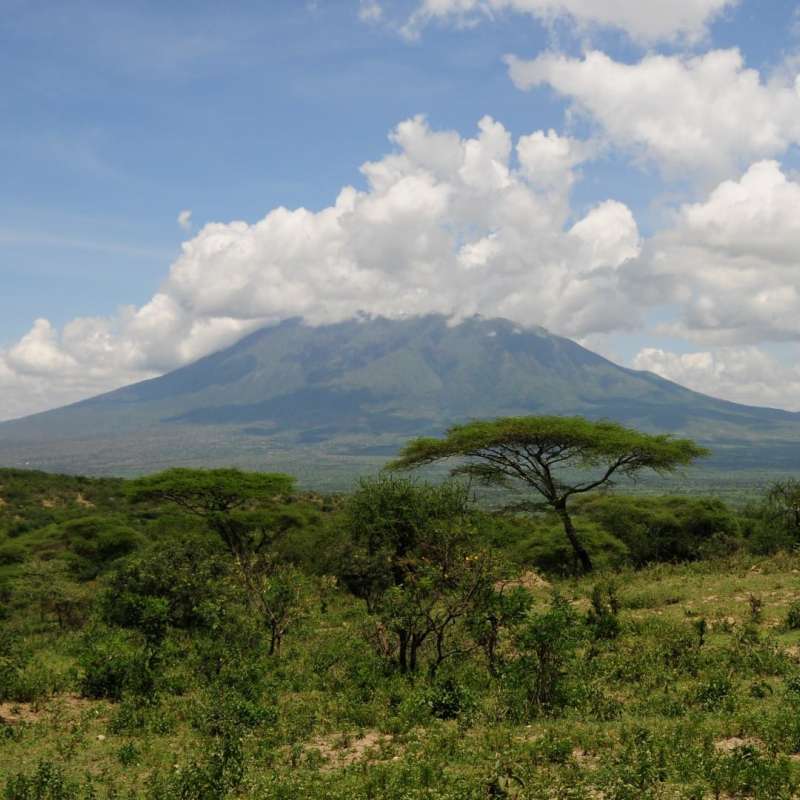
Division of Forest and Forest Resources
Strengthening the National Carbon Monitoring Center (NCMC) and GHG accounting system in Tanzania
In January 2016, Tanzania launched a national carbon monitoring centre (NCMC) at Sokoine University of Agriculture in Morogoro. The main purpose of the centre is “to build national capacity to measure, verify and report adequately on carbon emissions at national and international level”. NIBIO is the major technical partner to assist Tanzania’s NCMC, and has taken part in the development and establishment of the centre.
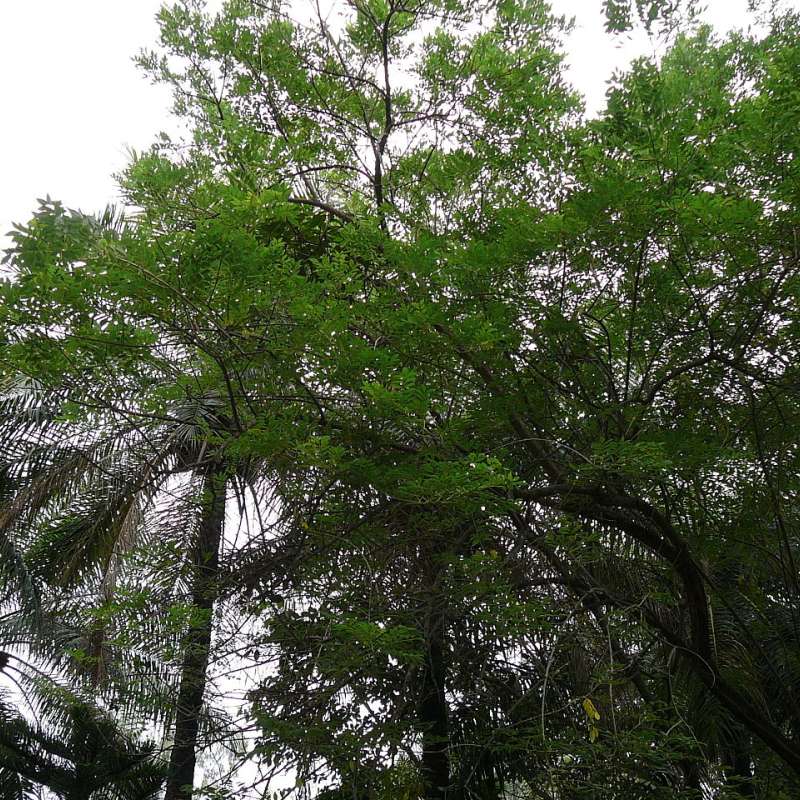
Division of Environment and Natural Resources
Gliricidia Impacts on Soil fertility, Crop yields and Nutrition in Zambia
A joint research effort for documenting the effects of

Climate Smart Agricultural Technologies for improved Rural Livelihoods and Food Security in Mali and Niger
The objective of the proposed work is to reduce poverty and food insecurity in Mali and Niger. Measures will be taken to protect natural resources and increase farmer incomes by enhancing agricultural productivity, strengthening market linkages, and facilitating new agribusinesses particularly those led by women and youth. The project will provide farmers with options to help increase their resilience and adaptation to the effects of climate change. Overall project activities are expected to lead to more than 20% increase in crop yields and 15% increase in household crop income.
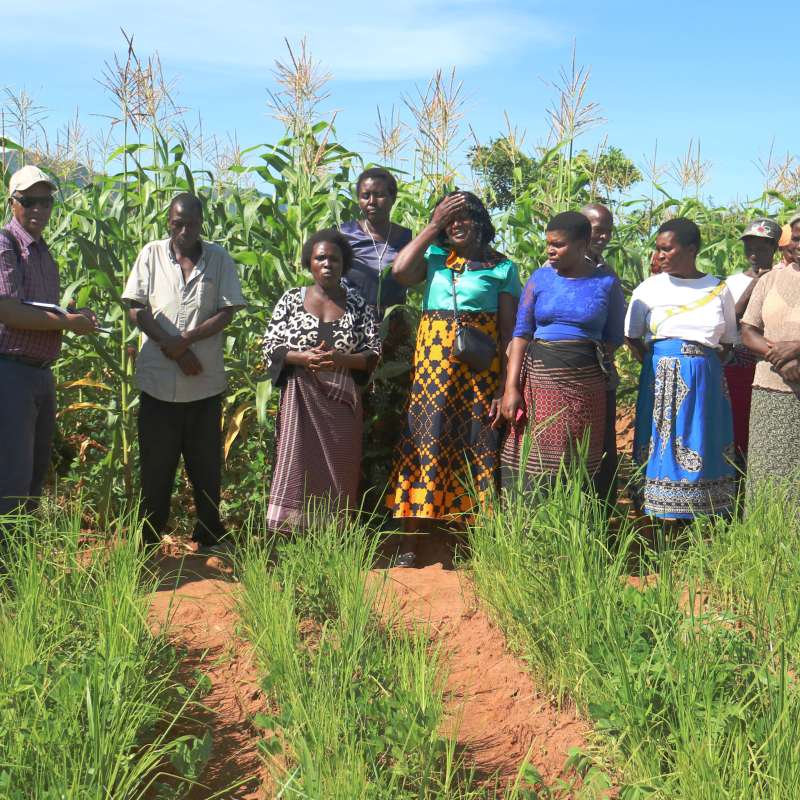
Division of Environment and Natural Resources
InnovAfrica: Innovations in Technology, Institutional and Extension Approaches towards Sustainable Agriculture and enhanced Food and Nutritional Security in Africa
The multidisciplinary project InnovAfrica aims to improve food and nutrition security and adaptive capacity of smallholders to climate change.

